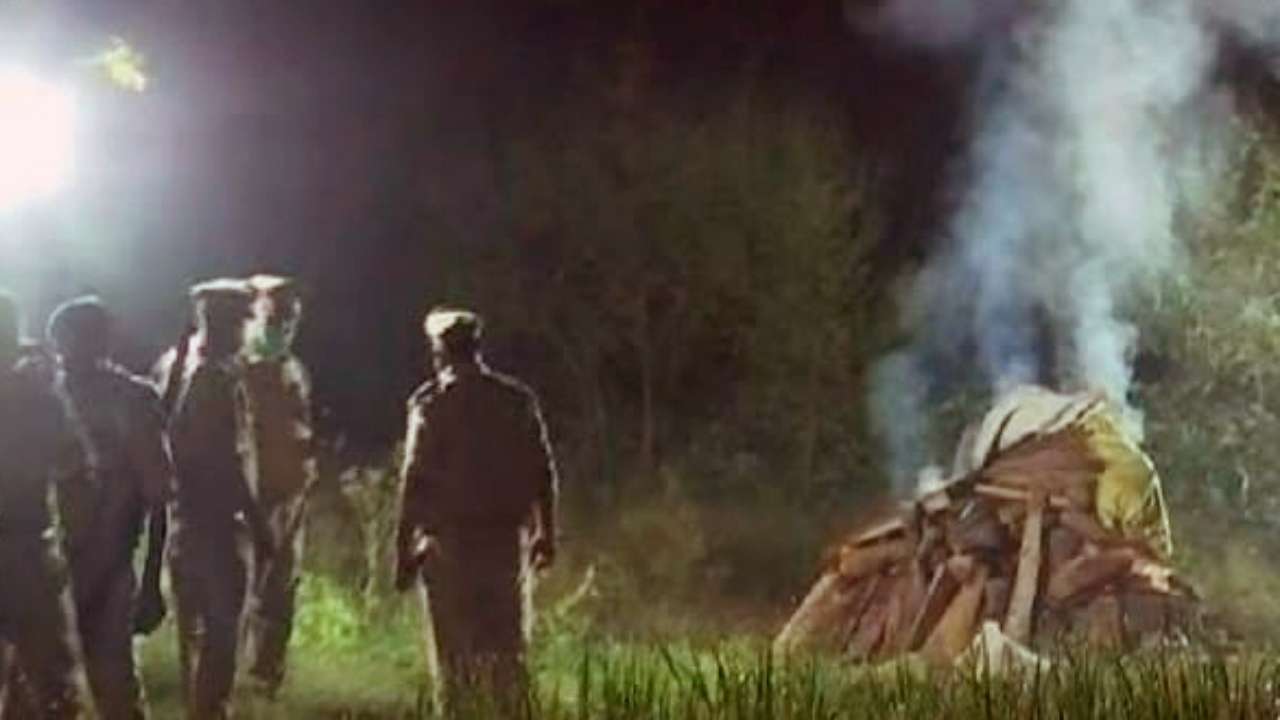Synopsis: Three separate orders were released by the court, but all claimed that the bail pleas were liable to be rejected because of the embargo created under Section 43D (5) of the UAP that the Court could not grant bail.
The bail plea of three men who were booked and arrested along with Kerala journalist Siddique Kappan while they were on their way to a village in Hathras last month was rejected by the Mathura Court.
On October 5, Atif-ur-Rahman, Masood Ahmad and Mohammad Alam, along with Kappan, were illegally detained while travelling to meet the family of a 19-year-old Hathras Dalit woman who had been gangraped by four Thakur men. The four of them were arrested a day later under parts of the Unlawful Activities (Prevention) Act and other provisions, including sedition, of the Indian Penal Code.
Rehman is a student, Ahmad is an activist seeking a PhD, and Alam, the third accused, is a cab driver.
The Uttar Pradesh Police claimed that the four men were connected to the Popular Front of India, a Kerala-based organisation, that the state government sought to be banned for its alleged involvement in the violence during the protests against the contentious Citizenship Amendment Act. The case against them involves the alleged conspiracy to instigate riots along caste system and defame the government of the state over the rape and murder case.
Additional District and Sessions Judge Mayur Jain, dismissed their bail applications at a hearing on Friday, citing, the “gravity of charges” against the four men. In addition to sedition, the accused stand trial of fostering enmity on grounds of faith between different groups and deliberate and malicious acts intended to outrage religious feelings.

Three separate orders were released by the court, but all claimed that the bail pleas were liable to be rejected because of the embargo created under Section 43D (5) of the UAP that the Court could not grant bail.
Section 43D (5) of the UAPA notes that a person accused of engaging in terrorist acts cannot be granted bail if the public prosecutor has not been given a fair opportunity to be heard. It requires that if after obtaining evidence from the case paper or report, the court is satisfied that the charges against the person are prima facie true, the accused will not be granted bail.
In this view, the judge noted that if the accused faces prosecution under the UAPA, the court must decide if there are fair grounds for assuming that the allegations against them are true on the basis of the material in the case or a chargesheet submitted by the police.
The court also took note of the prosecution’s claims that the accused tried to establish disharmony and sought to propagate anti-national feelings among the youth. “The charges against the accused are of a serious nature in this context,” the judge noted as he rejected the bail pleas.
Advocate Madhuvan Chaturvedi, appearing for the defendant, told that they were going to approach the High Court for bail. “In the Allahabad High Court, the habeas corpus petition of the three men is already identified and the hearing is on 17 November,” he said.
A habeas corpus petition was filed in the Supreme Court challenging Kappan’s custody. A bench headed by Chief Justice SA Bobde said on October 12 that it would hear a plea after four weeks and that in the meantime, the petitioner could approach the Allahabad high court.
The petition by Kappan is mentioned in the Supreme Court and is likely to be heard on 16th November.

